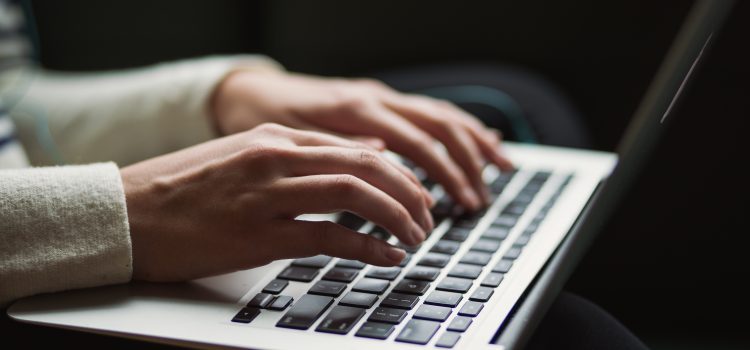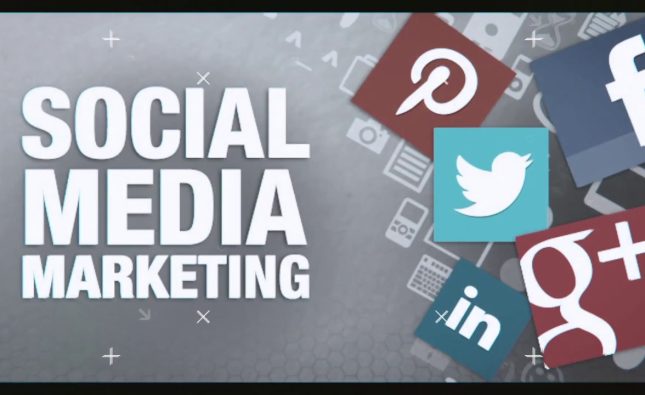
As artificial intelligence (AI) becomes increasingly sophisticated, its implications for intellectual property (IP) law are becoming more complex. AI systems are capable of generating original content such as music, art, and even written works. But who owns the copyright to such works? Is it the programmer who designed the AI system, or the AI system itself? These are just a few of the questions being raised as the intersection of generative AI and IP law becomes a topic of discussion.
Generative AI is a subset of AI that focuses on creating original content through the use of algorithms. This means that an AI system can create something entirely new, without the need for human input or intervention. While this has exciting implications for industries such as music and art, it also raises questions about ownership and attribution.
For example, if an AI system creates a piece of music, who owns the copyright to that music? Is it the programmer who designed the AI system, or the AI system itself? Or is it possible that the AI system could be considered a co-creator, with legal rights to the content it generates?
These questions are not purely hypothetical. In 2018, an AI system called “Aiva” created a piece of music that was performed by the Royal Liverpool Philharmonic Orchestra. The piece was released on streaming platforms and generated significant attention. However, the question of who owned the copyright to the piece remained unresolved.
The intersection of generative AI and IP law also raises questions about the role of human creativity in the creative process. If an AI system is capable of creating original content without the need for human input, what does this mean for the role of human creators?
Some argue that AI systems should be considered tools that facilitate the creative process, rather than independent creators in their own right. Others point to the potential for collaboration between humans and AI systems, where humans provide the creative direction and the AI system generates the content.
As the field of generative AI continues to develop, it is clear that there is a need for a robust legal framework to address the complex issues surrounding ownership and attribution. While the answers to these questions may not be clear-cut, it is important that they are addressed in a way that protects the rights of creators and promotes innovation.










